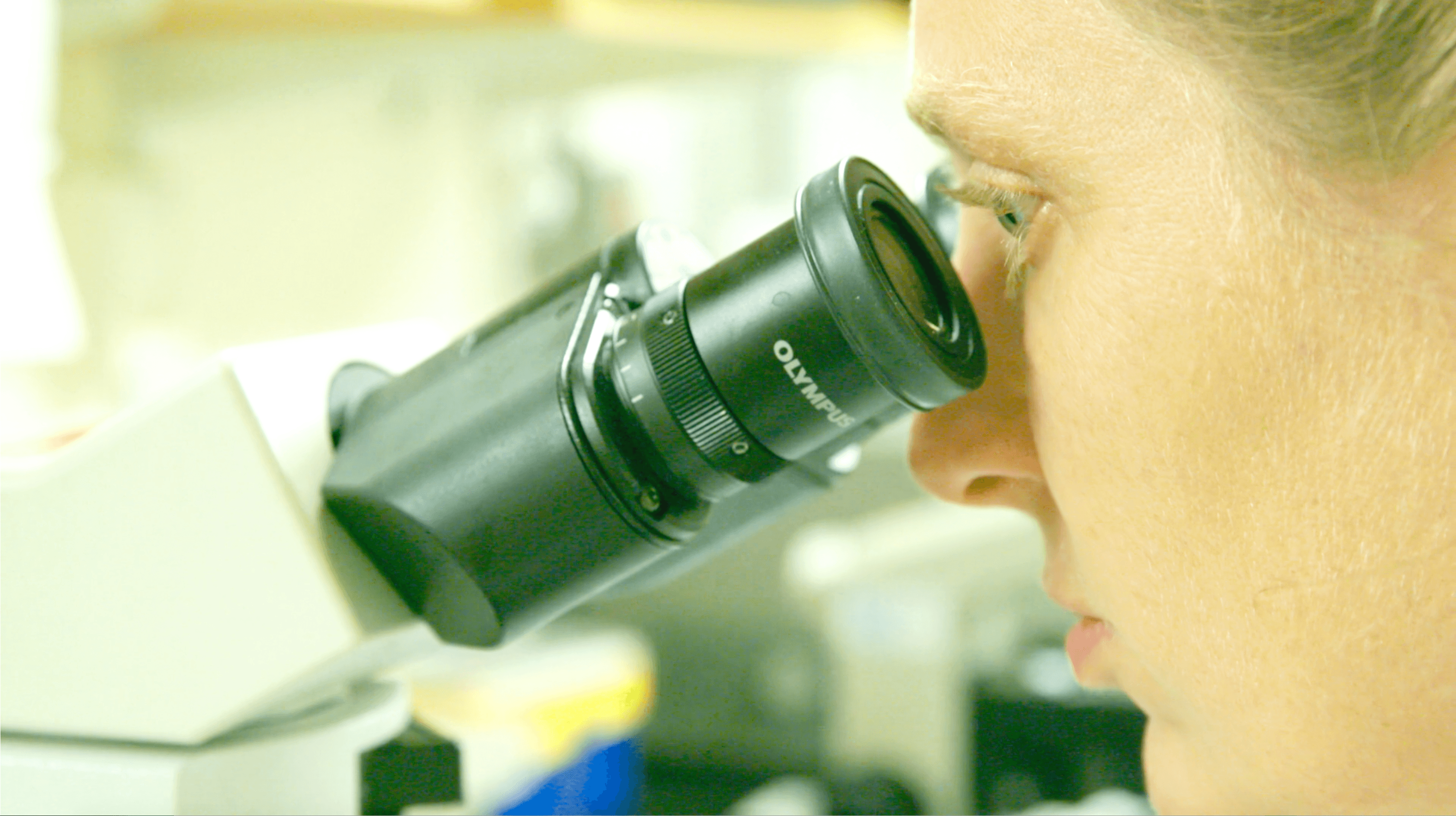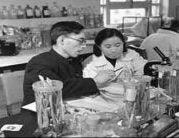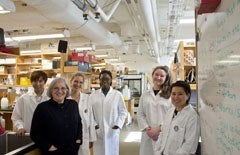Join Us!
Malaria stands at an inflection point. As we begin working on defeating malaria, we need you — and others like you — to contribute meaningfully to the fight against this terrible disease and support the path to elimination and eradication.
Get involved with us through research, education, on-campus events, and virtual discussions. Together we will translate scientific knowledge into action.



